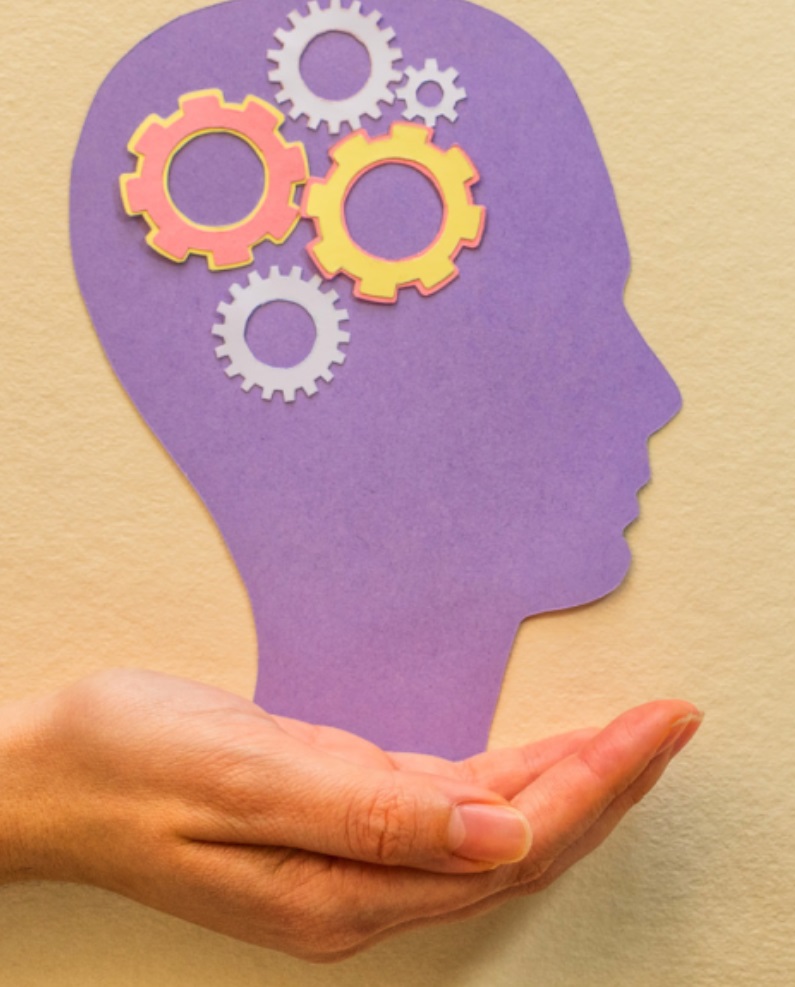Shared with us by Farah & Farah
The full original article can be found here:
Traumatic Accidents & Mental Health | Farah & Farah
Grief
Some may experience grief because of the loss of a loved one in the accident, others may be thinking more about their injuries and life changes. Grief is not limited to the death of a loved one. Non-bereavement grief is mourning for other losses, including the loss of health, independence, opportunities, and financial security because of disabling physical injuries. It is a yearning for a return to your pre-accident life and difficulty accepting changes that may be permanent.
Stress & Anxiety
Stress during and following an accident can lead to increased anxiety, mood changes, and even dissociative symptoms. Feeling anxious about your health, finances, and future is normal. You may experience insomnia, nightmares, or flashbacks. For example, if you were in a car accident, you may experience extreme anxiety about driving, and in some cases, even being near a car can be a trigger.
Survivor’s Guilt
If you survived an accident in which someone else died, it is common to feel guilty for having survived. This is known as survivor’s guilt. If you survived and your friend or family member did not, you may feel you are not entitled to be alive or that it is unfair that you were allowed to live when the other person died. You may even feel as though you did something wrong by surviving. It’s important to talk to someone about these feelings if you feel they are impacting you.
Coping Strategies
- Remember that whatever you’re feeling is okay. There is no right or wrong.
- Acknowledge your feelings, ignoring what has happened may slow recovery. But also know it’s okay to look for distractions and try to get back to your normal routine – there is comfort in familiarity.
- Avoid making major life decisions while recovering from mental trauma after a car accident.
- Minimize exposure to news and other media that might feature accidents or other violent incidents that could trigger memories of the accident.
- Be patient with yourself and give yourself time to recover.
- Overcome your sense of helplessness by taking positive actions, such as volunteering your time, donating to good causes, or helping people in need.
- Avoid isolating yourself. Connecting to others after a trauma can help you access support and feel less alone.
- Exercise. This can release positive feelings and burn off adrenaline.
- Adopt stress management techniques, such as breathing exercises and relaxation techniques, to help you through stressful moments.
- Make sleep a priority. Sleep can be difficult when dealing with trauma, but lack of sleep can exaggerate negative emotions and make it more difficult to make positive choices.
- Seek one-on-one counselling or a support group if your feelings haven’t improved within four to six weeks, especially if your symptoms are disrupting daily activities or causing suicidal thoughts.
